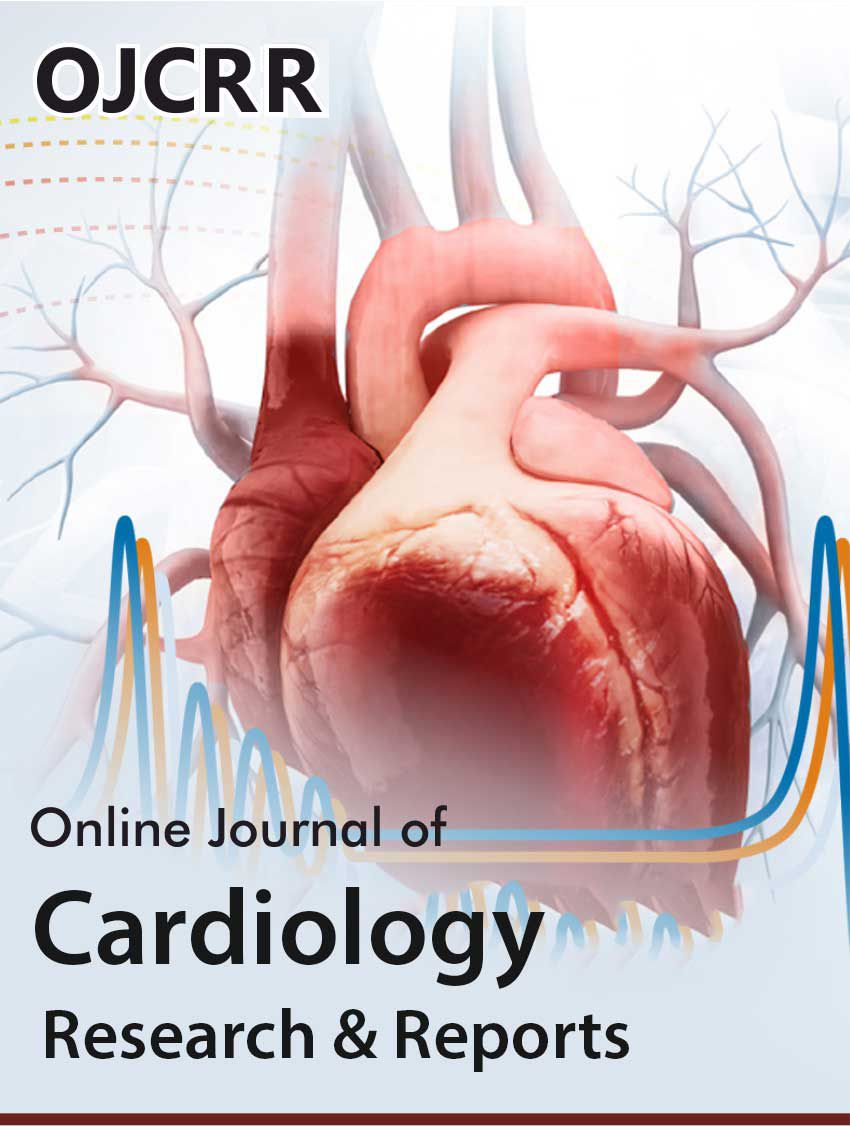 Research Article
Research Article
Difficulties on Emotion Regulation Predict Mental Health of Coronary Heart Disease Patients in Cardiac Rehabilitation but Heart Rate Variability does Not
Elise Batselé1,2*, Sophie Vanden Eynde3, Nathalie Egée3, Michel Lamotte3, Philippe Vande Borne3 and Carole Fantini-Hauwel3
1Department of Clinical Psychology, University of Brussels, Belgium
2National Fund for Scientific Research, Belgium
3Erasme Hospital, Belgium
Elise Batselé, Department of Clinical Psychology, University of Brussels, Belgium.
Received Date: August 30, 2019; Published Date: September 04, 2019
Abstract
Purpose: Depression and anxiety have been extensively associated with adverse outcomes in coronary heart disease (CHD) patients. However, psychological and physiological processes underlying the persistence of these troubles in CHD patients attending cardiac rehabilitation are poorly investigated. Emotion regulation difficulties and heart rate variability (HRV) could be some of these processes. Thus the aim of this study was to assess the predictive value of emotion regulation difficulties and HRV on depression and anxiety symptoms persistence in CHD patients.
Methods: Eigthy-four patients who recently presented a myocardial infarction were evaluated at the beginning of cardiac rehabilitation. Fourty-two patients continued their rehabilitation program and were then assessed three months later. They completed the Difficulties in Emotion Regulation Scale (DERS), the Hospital Anxiety and Depression scale (HADS) and underwent a five minutes resting HRV measure.
Results: Emotion regulation difficulties predicted depression and anxiety persistence at 3-month follow-up even after controlling for depression or anxiety scores at baseline. Contrary to our expectations, HRV did not predict depression or anxiety symptoms persistence and was not associated with emotion regulation difficulties.
Conclusion: This study highlights the predictive value of emotion regulation difficulties on the persistence of depression and anxiety symptoms at the end of cardiac rehabilitation of CHD patients. However, HRV was not associated with either depression or anxiety supporting the idea of mixed litterature and calling for future research.
Keywords:Heart rate variability; Emotion regulation; Depression; Anxiety; Coronary heart disease
Abbreviations:HRV: Heart rate variability; CHD: Coronary heart disease
-
Elise Batselé, Sophie Vanden Eynde, Nathalie Egée, Michel Lamotte, Philippe Vande Borne, Carole Fantini-Hauwel. Difficulties on Emotion Regulation Predict Mental Health of Coronary Heart Disease Patients in Cardiac Rehabilitation but Heart Rate Variability does Not. On J Cardio Res & Rep. 2(4): 2019. OJCRR.MS.ID.000543.





